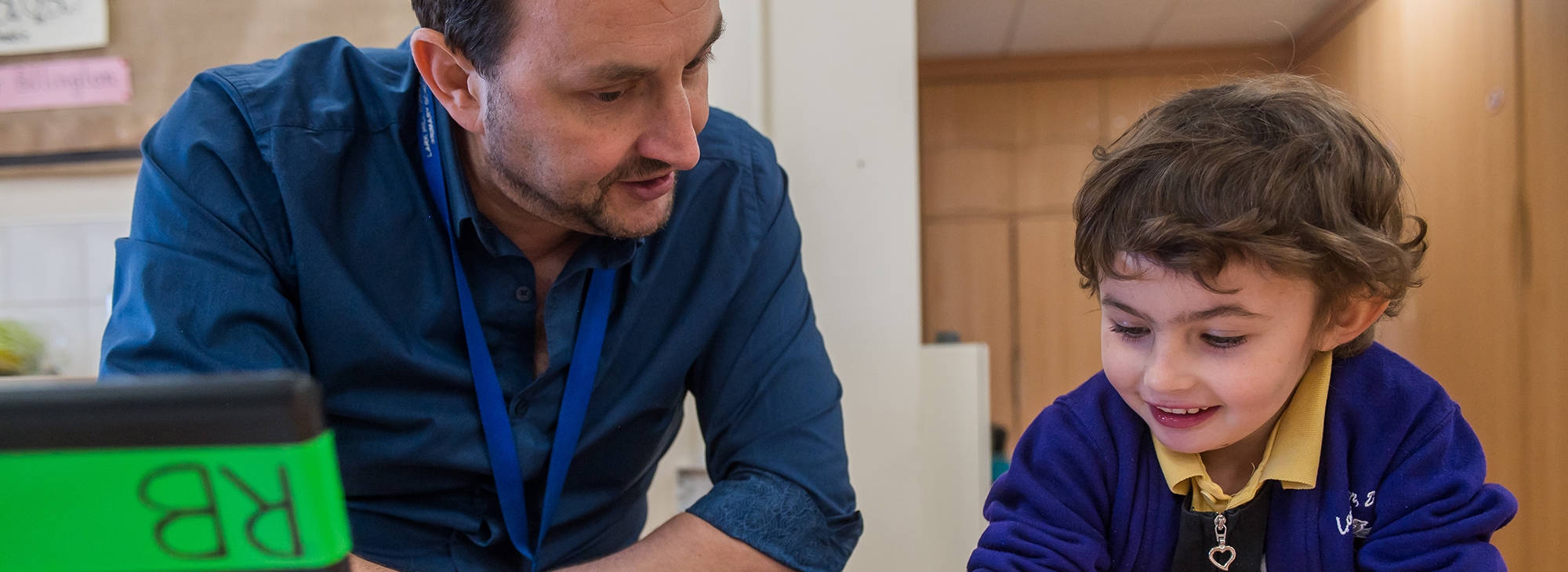Select Language >


Oracy training gives our pupils opportunities to develop vocabulary, listening and reasoning skills, as well as the confidence to speak loudly and clearly, and respectfully challenge their peers.
Philosophy for Children (P4C), helps our children to become better thinkers. They constantly reflect upon and improve their abilities as critical thinkers, collaborative thinkers, creative thinkers and caring thinkers. We call these the 4C's.
We have made oracy and P4C a key priority. We believe that communication is essential for learning, and the foundation of positive relationships. Ultimately good communication gives children better life chances.
We are delighted to announce that our efforts in establishing P4C have resulted in Lark Hill being awarded the bronze award standard from SAPERE.
Too much talking in class has traditionally been regarded as negative – a sign of disruption or lack of focus. But at Lark Hill children’s talk is at the centre of everything we do. We believe that classrooms should place more emphasis on children’s talk than teacher talk.
This impacts positively on all children, but it has a significant impact on prior low-attaining children.
Of course, it is not just any talk; it breaks away from the question-answer and listen-tell routines that typify traditional teaching practices. In our classrooms, the teacher acts as a facilitator to encourage children to think deeply and justify their responses, enabling them to build on each other’s ideas.
As a staff team, we have engaged in research to identify how best to develop a learning environment that values and promotes children’s talk. Here are the key principles we identified:
1. Give children confidence and opportunities to ask questions
Children need to experience good quality spoken language, and this includes asking plenty of questions. If we want our children to be talking about their learning and pose questions, we need to provide them with the opportunity and the skills to do so.
2. Allow time for paired and group discussion
We believe that it is essential for children to have opportunities to work collaboratively and to learn from each other. We plan time into lessons where children can use discussion to summarise, link learning and challenge ideas.
3. Use a range of questioning strategies
Lessons should provide a range of questioning strategies:
4. Ask children how they feel
It is always important to ask our pupils how they feel about their learning, as this gives us an idea of how they see what they do and don’t know. Regular reflection points in lessons are invaluable to support pupil progress.
5. Ask open-ended questions
Teachers should ask open-ended questions that have more than one possible answer. These deepen children’s understanding and require them to reflect, rather than restricting them to searching for the "right answer".
We can use the following:
6. Promote a balance of talk between teacher and pupils
Traditionally, in most situations in the classroom, either the teacher or the pupil is passive. But we encourage our pupils to actively engage and teachers constructively intervene.
7. Discuss misconceptions
Pupils need to be able to identify their own misconceptions and be given the opportunity to talk these misconceptions through. This must be within a climate where all pupils feel safe to make mistakes and develop from these.
8. Model thoughts out loud
It is essential that we act as role models for our pupils, demonstrating critical-thinking skills and effective use of language. Pupils especially benefit from the modelling of inter-thinking between adults in the classroom.
It is well-documented that P4C has an impact on children's cognitive, social and emotional development. The underlying principle is for children and young people to experience rational and reasonable dialogue about things that matter to them and their teachers. All participants work together, the aim for each child is not to win an argument but to become clearer, more accurate, less self-contradictory and more aware of other arguments and values before reaching a conclusion.
We embrace P4C as an exciting and successful approach to learning and all children from Reception to Year 6 will benefit from weekly P4C enquiries.
P4C builds higher order thinking, questioning, speaking and listening skills and supports the development of children's thinking skills, concentrating on the 4Cs of philosophical thinking – Caring, Creative, Critical, and Collaborative.
Children are taught how to create their own philosophical questions. They then choose one question that is the focus of a philosophical enquiry, or dialogue. For example, the question might be “Is war ever okay?”. The teacher, as a facilitator, supports the children in their thinking, reasoning and questioning, as well as the way the children speak and listen to each other in the dialogue.
Our TALK Promises and TALK Prompts
As a school community, we have decided upon five essential TALK Promises. These are pledges or agreements that we all follow in order to ensure high-quality discussion that is fair and inclusive. TALK Prompts are there to help everyone improve their oracy, thinking and questioning skills.
Our Talk Promises are:
